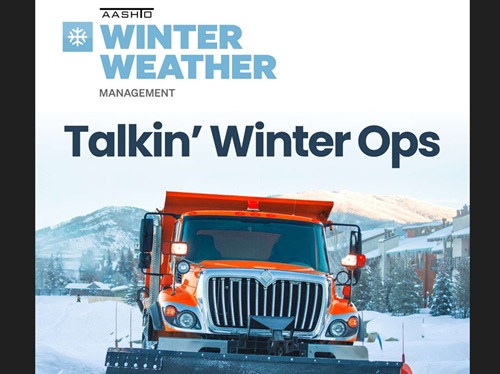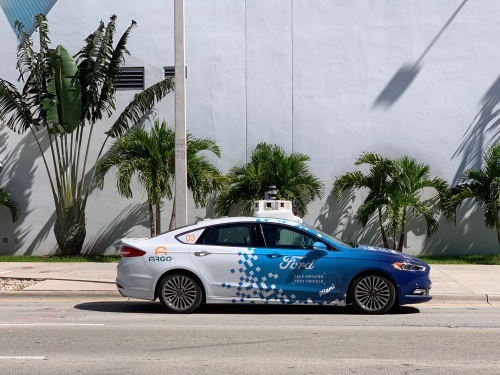The National Highway Traffic Safety Administration is seeking public comment on a draft of its revised Cybersecurity Best Practices for the Safety of Modern Vehicles published January 12 in the Federal Register – an update to its existing “best practices” document originally crafted in 2016.
[Above photo by the Ford Motor Co.]
“Vehicle cybersecurity has high stakes,” explained James Owens, NHTSA’s deputy administrator, in a statement. “The safety and security of everyone on our roads depend on it. We have learned a great deal in the past four years, and I encourage feedback on the 2020 edition.”

The agency said its 2020 update builds upon research, industry progress, public comments received on the prior version, and motor vehicle cybersecurity issues discovered by researchers over the past four years. The guidance also leverages emerging voluntary industry standards and a series of industry best practice guides developed by the Automotive Information Sharing and Analysis Center or Auto-ISAC through its members.
As with the 2016 version, NHTSA intends that its 2020 best practices draft serve as a resource for the industry and covers safety-related cybersecurity issues for all motor vehicles and motor vehicle equipment. It is applicable to all individuals and organizations involved in the design, manufacture, and assembly of motor vehicles and their electronic systems and software, the agency added.
NHTSA is working with the Auto-ISAC to develop a new training curriculum for vehicle cybersecurity professionals. NHTSA’s best practices identify workforce development and continuous education as crucial steps to improve vehicle cybersecurity.
Meanwhile, NHTSA is expanding its Automated Vehicle Transparency and Engagement for Safe Testing or AV TEST initiative from a pilot to a full program.

As a result, the agency added that its online AV TEST tracking tool – which provides data on the on-road testing and safety performance of automated driving systems in cities across the country – is now open to all stakeholders.
Previously, nine states and nine companies fully participated in the AV TEST pilot initiative. Now, via this expansion, NHTSA said 52 companies, governments, and associations are now participating. For a full list of participants, click here.
“NHTSA’s open and direct relationships with automated technology developers, states, and other stakeholders are instrumental to ensuring that these technologies help save lives and prevent injuries on American roadways,” NHTSA’s Owens added in a separate statement.
“AV TEST will help participants and the public understand the capabilities and limitations of these technologies, to share best practices, and to promote healthy competition for safer practices and information sharing that the public can review and compare,” he added.
 Nation
Nation
The Stream by AASHTO: Electrified Roadway Testing
December 5, 2025 Nation
Nation

